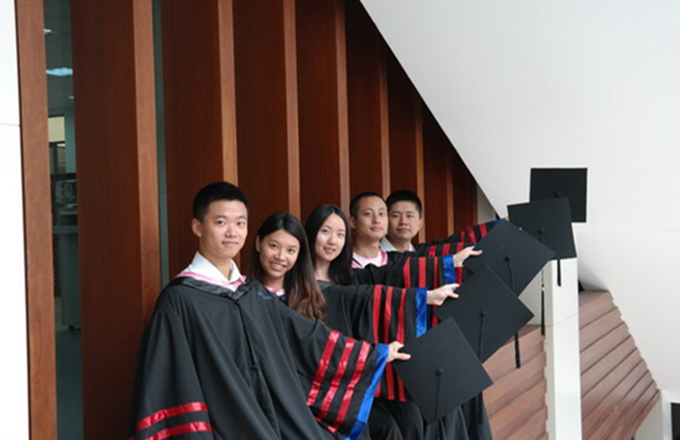Evolving role of trading companies in food chains
By Marcos Fava Neves (chinadaily.com.cn) Updated: 2013-03-18 09:54New entrants in the traditional TCo’s market, like buying groups, selling groups, farmers, Cooperatives, crop input dealers and other agroindustry;
Access to information, one of the key competitive advantages of TCo’s is now worldwide available via web and other sources;
At the same time that TCo’s face an increasing market, it also faces increasing complexity in Governmental regulations (import taxes, export taxes);
Some Governments are transferring logistic infrastructure to private sector, creating important challenges and opportunities for TCo’s;
Consumer demands towards traceability, safety, security and certifications create more difficulties for the TCo’s traditional business;
NGO’s increasing pressure over TCo’s operation.
These facts, or environmental changes bring several impacts within the food chains and TCo’s global operations:
TCo’s core business remains grain origination, but to increase this capacity, TCo’s offers to farmers a complete package of products, like seeds, fertilizers, crop protection and other services;
Financial services gives a important competitive advantage in markets with lack of credit;
Some TCo’s are diversifying and moving backwards in the chain, increasing their operation as agri-input dealers offering complete solutions to farmers;
With this strategy, they will represent a new marketing channel for crop protection companies but also may increase channel conflict;
TCO’s are focusing in final consumer marketing products;
TCo’s are increasing activities and mostly investments over ports and other logistic infrastructure that has being privatized;
Some TCo’s are integrating operations with coops, farmers and fertilizer companies trying to build a lock in strategy to secure grain origination;
As other important food chain participants, TCo’s are increasing their demand driven behavior and building closer also with marketing activities;
Also the integration of TCo’s and large farmers/coops can stimulate the development of crop input generics and private label strategies;
Based on these changes discussed above, the question to be answered is how should a company that is dealing, selling to or buying to TCo’s operate? Which ideas could be useful, what could be the major acts (projects) to adapt to this changing environment?
The author is professor of strategic planning and food chains at the School of Economics and Business, University of Sao Paulo, Brazil (www.favaneves.org) and international speaker. Author of 25 books published in 8 countries and in China, “The World on the Tongue”. In this article want to thank Matheus Consoli for the contributions and also Markestrat team.


The year 2016 marks my second time saying farewell to full-time motherhood and back to "normal".










